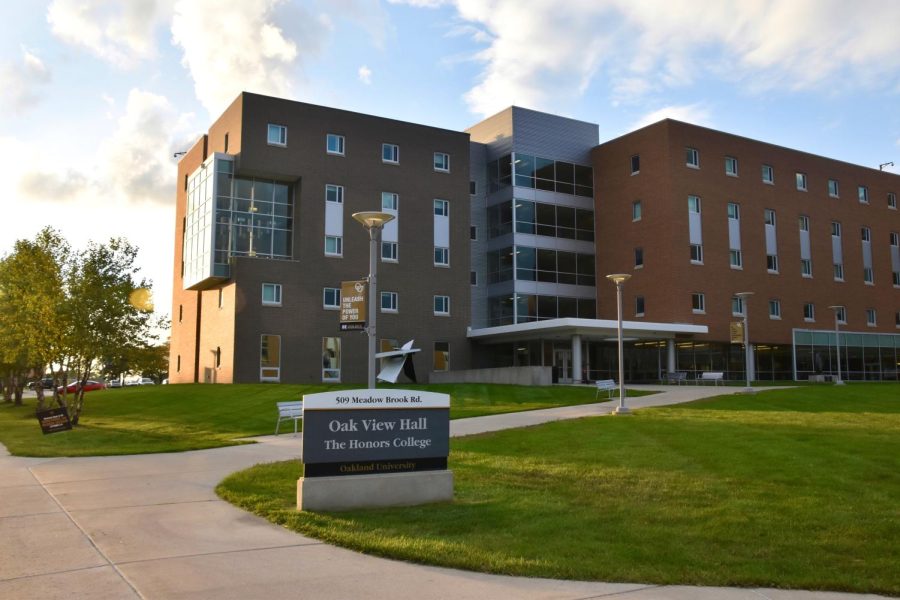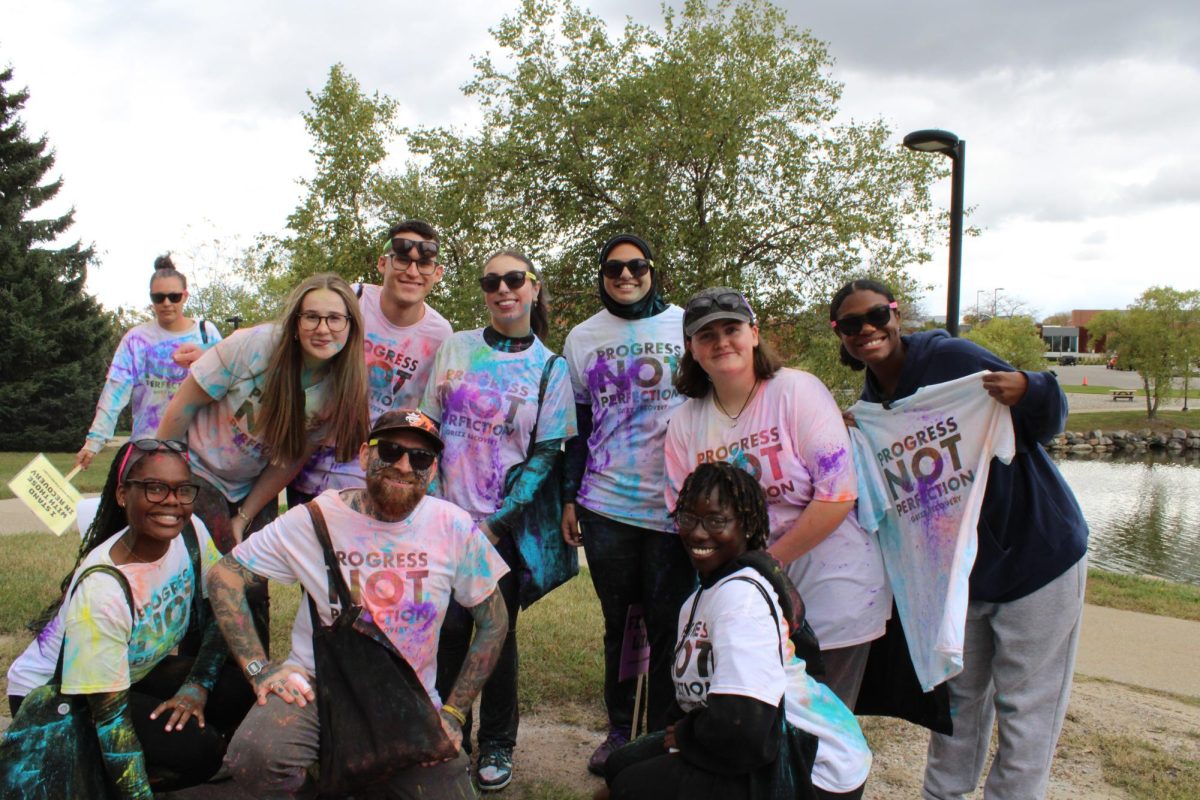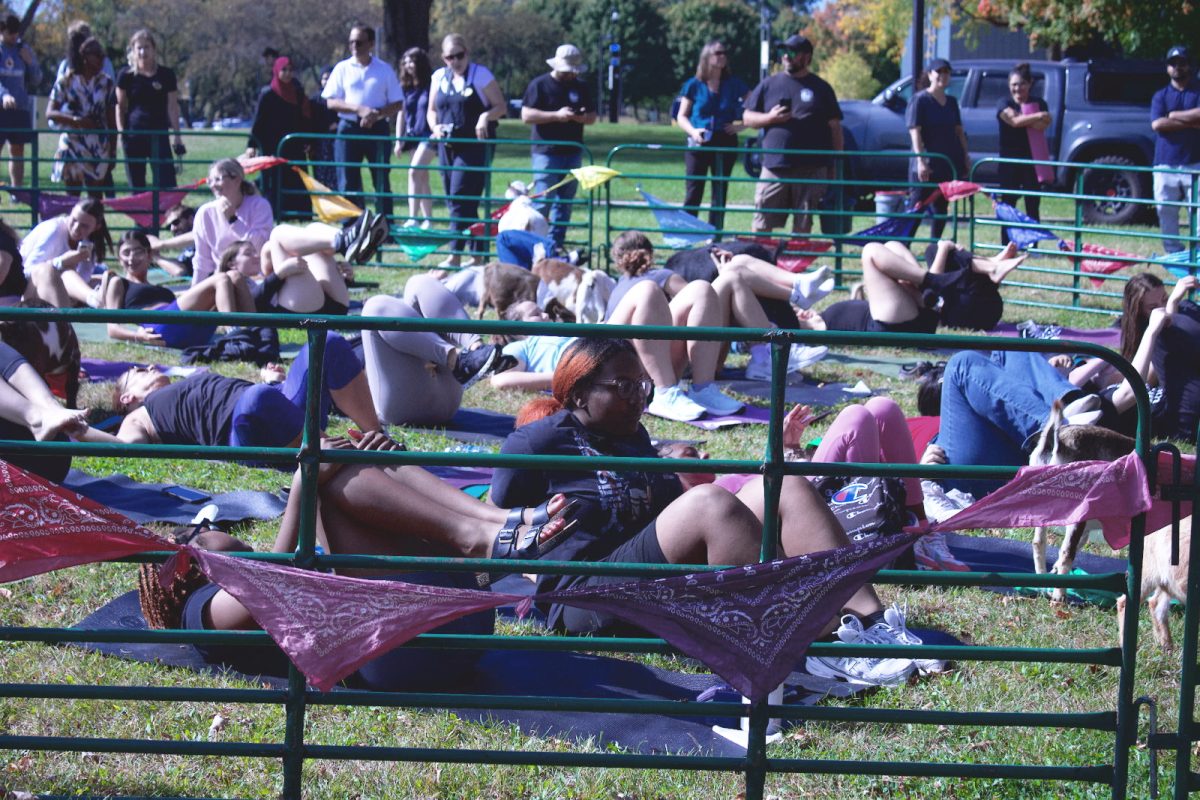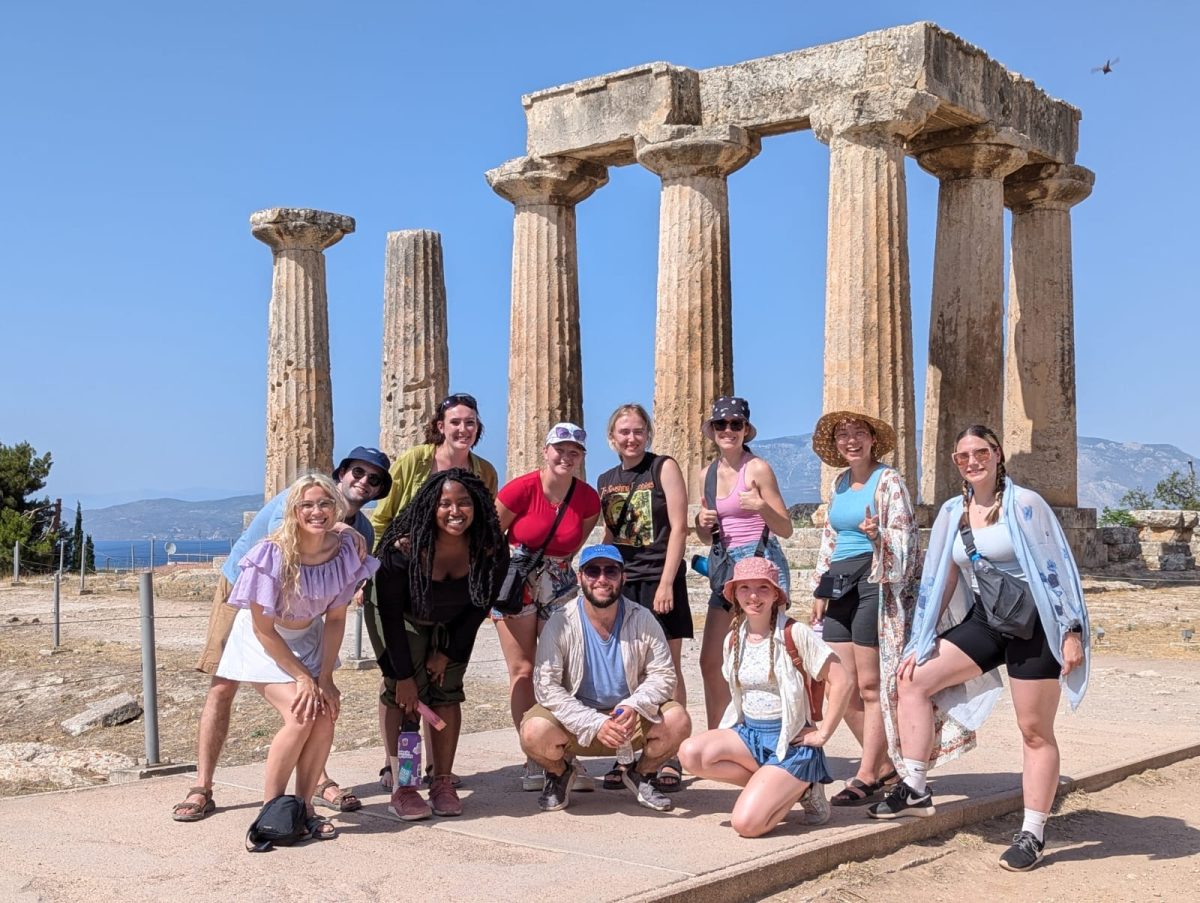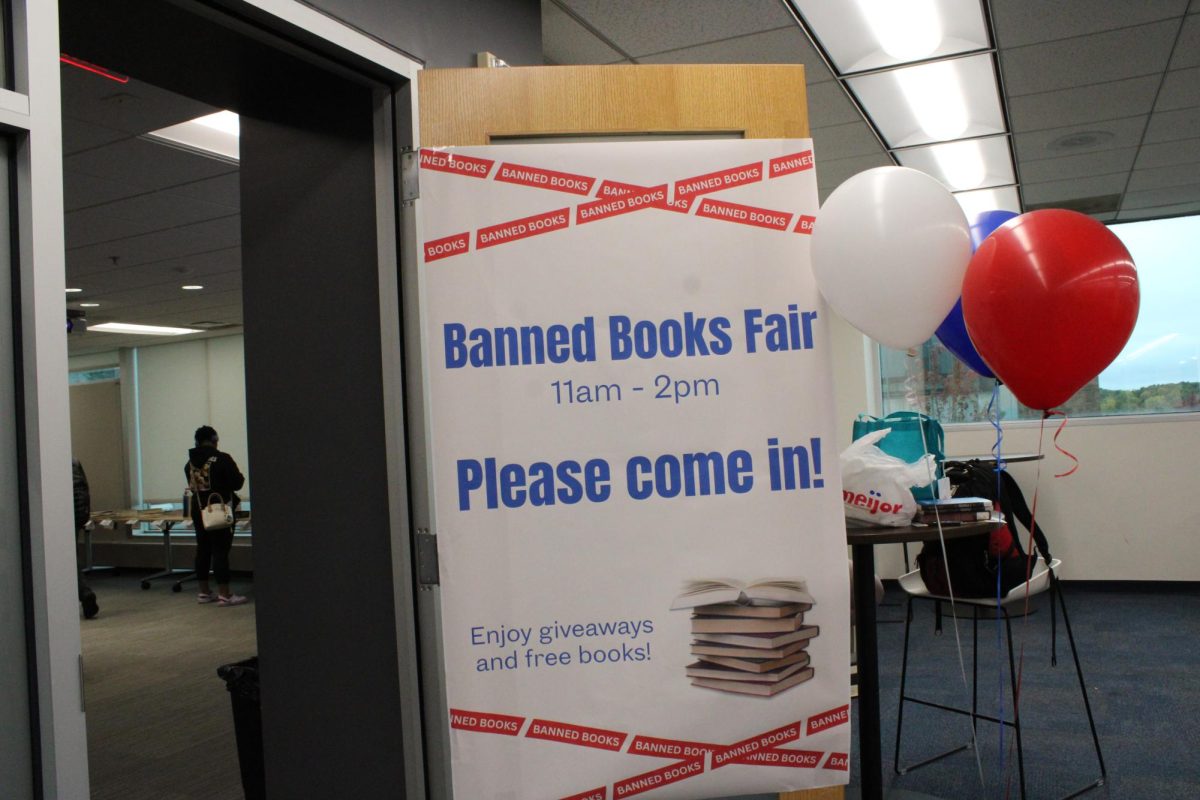
The Wrongly Incarcerated panel discussion, hosted by the Michigan Coalition for Human Rights (MCHR) at OU, brought five diverse speakers together to discuss the impact, testimonies and action plans to overcome wrongful convictions.
Co-hosted by the Honors College, Center for Multicultural Initiatives (CMI) and other student organizations, the event was held at the Hillcrest Hall’s Collaboration Center on April 10.
Tia Littlejohn, Co-chairperson of the MCHR, moderated the discussion and explained the mission of the various initiatives that each panelist participated in.
“Through education, community organization and action, MCHR opposes forces that suppress human dignity, freedom and justice,” Littlejohn said. “Everybody has within them a story to tell, and at some point in your life, there’s a time for you to change a narrative.”
Larry Smith Jr. is an activist and Wayne County exoneree who spent 26 years, 10 months and seven days in prison for a crime he did not commit. Smith started the discussion with an overview of his experience when his friend’s car was spotted near a crime scene.
“First-degree murder was the charge I was convicted of. I was 18 years old, I was set to go to college,” Smith said. “People say ‘keep your mouth shut when you rub into the police.’ Well, I did that and then people said I made a statement while in custody — the guy said I confessed.”
Jay Love, creator of the Justice for Girard movement and MCHR board member, explained that Smith’s case was plagued with irregularities.
“Since there was no physical evidence tying him to the crime, authorities relied on just sights and questionable eyewitness testimony,” Love said. “Contributing factors were mistaken ID, false confession, misleading forensic evidence, perjury, false accusations and official misconduct.”
Wrongful eyewitness testimony and official misconduct also contributed to the life sentence of Temujin Kensu, Paula Kensu’s husband, in 1987. Kensu explained how she met her husband after hearing about the case.
“These were my neighbors in my community that did this to this man,” Kensu said. “So I reached out to them. And we started writing back and forth and I became an advocate for him.”
Multiple alibi witnesses confirmed Temujin Kensu was in the Upper Peninsula at the time of the crime. After these were ignored, the most important inconsistency during the trial was the lineup in which he was identified as a primary suspect.
“We’ve had that examined by experts and they said that this is one of the most prejudicial photo lineups that they’ve ever seen,” Kensu said. “When a prosecutor wants to paint a story of a person committing a crime, they’re going to use the evidence that they want and manufacture evidence, which is what happened in this case.”
Offering solutions to these misconducts, Trische Duckworth, executive director and founder of the protest organization Survivors Speak, called for more civic engagement with elected officials.
“Judges need to be called out — if you see something, say something,” Duckworth said. “Do your research as it pertains to wrongful convictions, ask questions, call them. They work for you, they are just like you and I. They are human.”
After Love suggested eyewitness misidentification reforms as a prevention mechanism for wrongful convictions, attorney Hugo Mack also pointed out restorative justice as an avenue for improving the judiciary system.
“The system is geared for efficiency over justice,” Mack said. “We’ve got to start focusing on restorative justice. Nobody is saying not to hold people accountable for wrongs he did, but I’m saying you must never forget a person’s humanity.”



